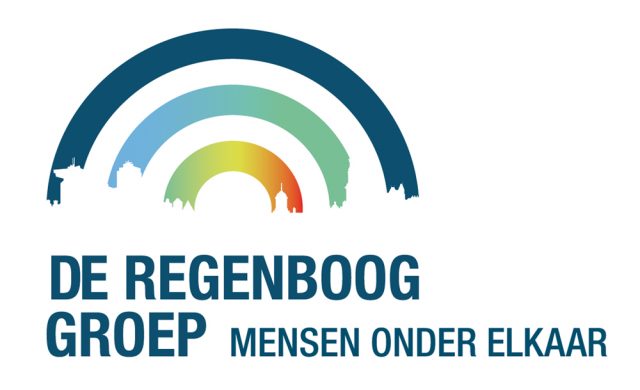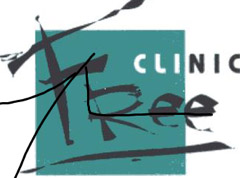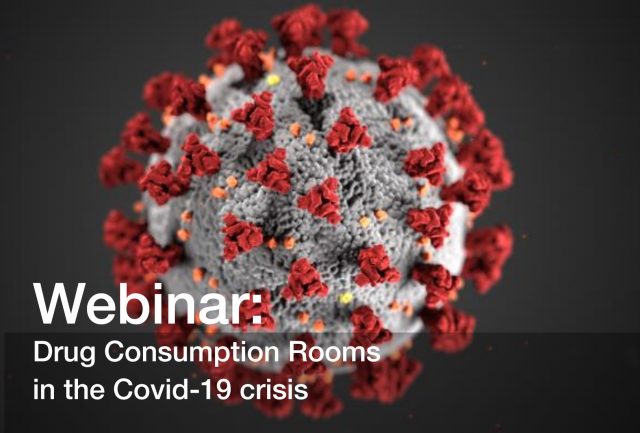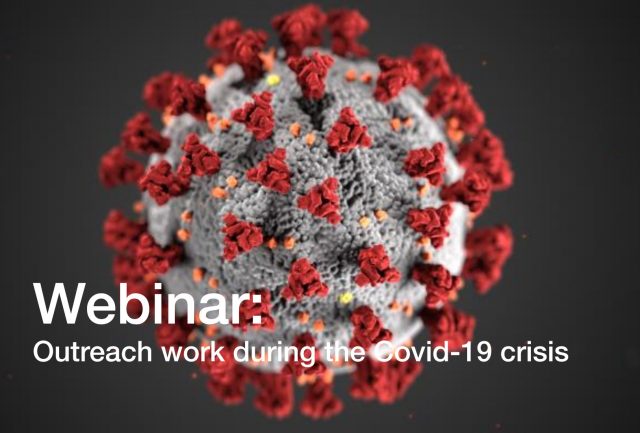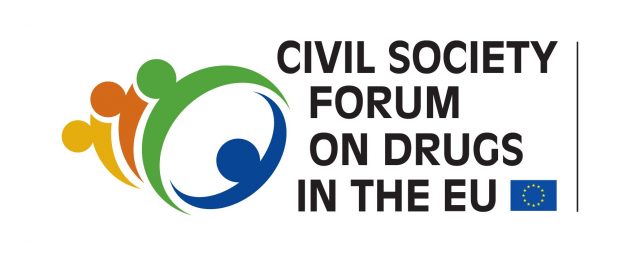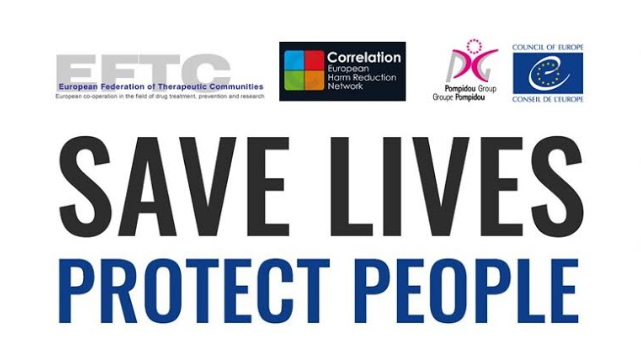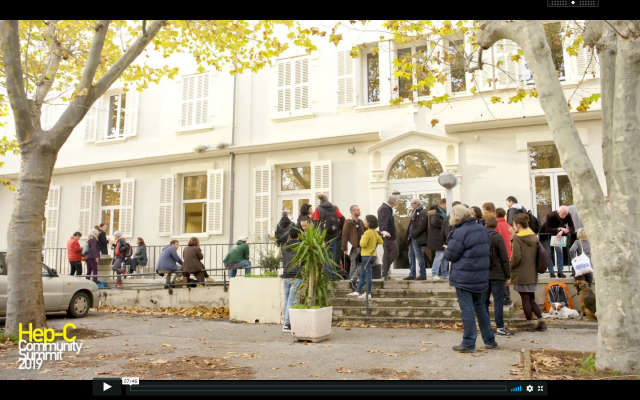On a normal day, we would open the DCR at 10 am and most likely staff members would sit with the first users around a warm cup of coffee. But this is not a normal time and “normal days” seem a thing of the past. Nowadays, we still open the DCR at 10am and (among other measures) we keep our distances.
The first impact of the COVID19 has been on the staff members. From day one, we sent the workers at risk home for their safety. In our team, one peer worker is 60 years old with a history of lung disease and another one has diabetes. The second impact has been on our way to operate the DCR practically.
The city of Amsterdam and De Regenboog Groep (one of the 3 big players in the field of addiction homelessness and psychiatry of the city) agreed to keep homelessness support services running including the harm reduction services. Therefore, we keep on being operational but we have to limit the number of visits per day.
On a “normal day” we supervise between 10 to 16 users at the same time in a large smoking & injecting facility. An average of 4 users sits per table. Today we allow a maximum of 4 users inside and each has to sit at a different table. Movement is restricted in and around the DCR.
Today, all users must wash hands 1 minute before receiving any services.
In addition, we provide masks for the users coughing and a special protocol has been put in place with the health authority to confine potential corona contamination. Once a user may be considered at risk (possible contamination), the health authority is contacted and they quickly send a team at the door of the DCR in full protective gear and they will accompany the user to a quarantined hotel. Followed by a battery of tests.
Inside the DCR the sphere is grim. Users struggle to make money, there are few dealers in the streets to be found. There is until now no shortage of drugs and the price of the heroin and cocaine remain stable but street dealers are afraid of becoming obviously too visible in the time of confinement and users have to adapt to the new situation; meaningless dealer interactions, the long waiting time to acquire the drugs and longer distance to travel to get the dope. The drug is still available but the money is drying out. Users who relied on tourists, sex work, shoplifting and hustling are struggling to make money … even the homeless newspaper does not sell any longer… people are afraid of germs, bacteria, dirt and viruses and even more in this time of COVID-19, the general public take its distance with the homeless.
Unfortunately, strict confinement measures lead to desperate measures from certain users to cope with the lack of money-making and difficult access to drug-buying; meaning that new drugs have appeared in the DCR. For the first time since we operate the DCR (more than 20 years) fentanyl came into our building.
We also noticed a lot of unrest for the users who have been forced to quit benzos and cocaine.
Also, the DCR asked the users who have a place to stay away from our facility during the time of the COVID-19 crisis. Most of them are understanding the situation and a majority realize that it is in their interest too to limit human interactions. People who use drugs are vulnerable because of physical proximity in the act of drug-using/sharing/dealing. In addition, some chronically ill drug users deal with an impaired immune system that compromises their resistance to all sorts of virus (including the COVID-19). It is important to take this into consideration while operating a DCR in the time of crisis.
One remaining concern is the fact that many of our visitors are extremely lonely all year round. The fact that “DCR could somehow tackle extreme loneliness of long-term hard drug-users” does not exist, may lead to an increase of loneliness among homeless users and all of its negative consequences.
DCR goals remain as; prevention of overdose, prevention of HIV/HepC contamination, prevention of public nuisances. In this time of COVID-19, it makes even more sense. DCR being dedicated to the homeless drug-users, the access to the cascade of care and to harm reduction services is part of the collective attempt to lower the curb.
Staff members wear protective masks, gloves and goggles. Users have a maximum time of one hour per visit. After each user’s visit, the table and chair are disinfected and the metallic tray is replaced.
On a positive note, the DCR communicated very early their concerns to the health authority regarding forced withdrawal and potentially dangerous consequences of limited access to drugs (especially downers). In consequence, the health authority decided to follow some of our advice and temporarily lower the criteria to enter substitution programs (principally methadone). Therefore users can theoretically switch from street heroin to methadone. The users that are already in substitution programs are allowed to take home their methadone/heroin for a week at a time (instead of the usual daily take).
Things are moving fast. We constantly raise our awareness of the risks and constantly have to be inventive to guarantee the continuity of our services, even if it is to serve a very small group of very vulnerable drug users.
We adapt our services because we want to remain open. We want to offer the basic safety, hygiene and stress-free support for vulnerable users for them to be able to go through this crisis with the less negative impact possible. Our target group is at risk and harm reduction makes very much sense now!
Team Users Room | De Regenboog Groep | AMOC

